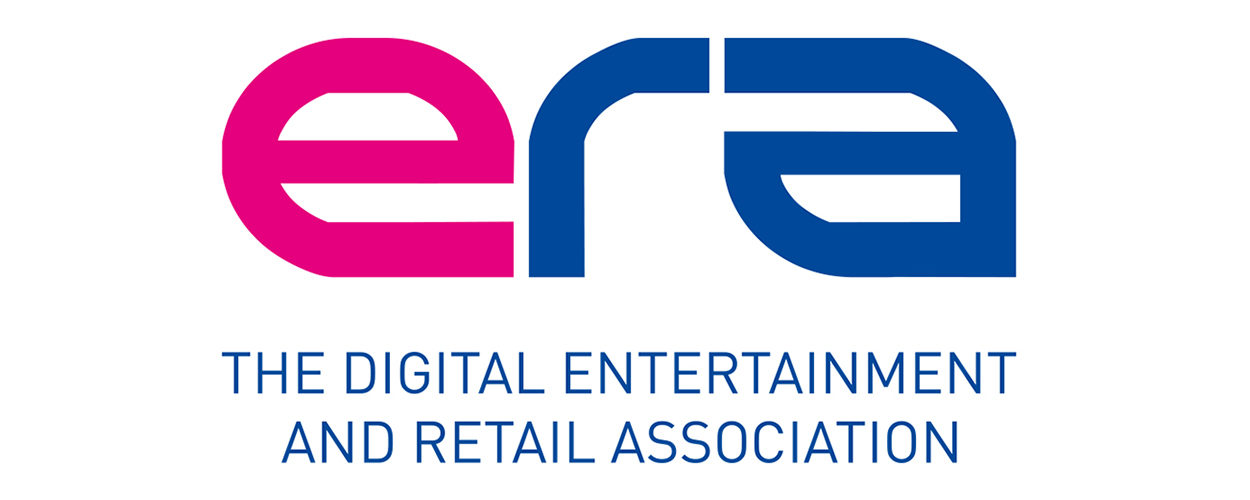This website uses cookies so that we can provide you with the best user experience possible. Cookie information is stored in your browser and performs functions such as recognising you when you return to our website and helping our team to understand which sections of the website you find most interesting and useful.
Business News Digital
Economics Of Streaming Perspectives: ERA
By CMU Editorial | Published on Thursday 1 June 2023

Following the announcements this week about the ongoing UK government-led economics of music streaming work, we spoke to representatives from some of the organisations involved in that work to get their perspectives on what has been achieved so far and what should happen next.
This time Kim Bayley, CEO of ERA, the digital entertainment and retail association, which has Spotify, Amazon, YouTube, Deezer and SoundCloud among its members.
What do you think have been the most important aspects of the IPO led projects that were instigated after the select committee inquiry?
There were lots of people who were cynical about this process, but working together – and expertly facilitated by the IPO – I believe we have made real progress.
Of course there’s the soft benefits of fostering engagement and understanding across the industry, but it’s important to recognise that without the involvement of first the DCMS Select Committee and then the IPO we would never have ended up with such progress on metadata and, hopefully soon, transparency. These are real wins.
What do you think should be the priorities of the music-maker remuneration working group that is now being convened?
Notwithstanding progress to date, we need to be careful that we don’t get stuck in an endless cycle of committees and working groups. The key question if there is to be another working group is defining in advance the problem it is trying to solve and ensuring any conclusion is evidence-based – otherwise we could end up simply chasing our tails.
The IPO has already undertaken research on the three copyright reforms proposed by the select committee – ie reversion rights, contract adjustment rights and performer ER. What is your current position on those proposals?
Contract issues are a matter for artists, songwriters, labels and publishers. To that extent we have no firm view, other than – like everyone – a hope that these issues can be resolved one way or another. In terms of ER, as with all legislative change, I am very aware of the possibility of unintended consequences.
There has been a lot of discussion of late about reforming the way streaming monies are allocated to individual tracks and catalogues. What are your thoughts on those discussions?
Steaming services have been constructive partners in this debate. You only need to look at the incredible work done by the likes of Soundcloud, Deezer, Tidal etc in exploring different options. But again any proposals need to be evidence-based, and so long as the focus is on moving money around rather than on growing the pie, we need to be mindful that there could be losers as well as winners.
How do you think the undertakings in the metadata code will impact on the way streaming services work and music-makers get paid?
We have all known for a long time the need to improve metadata to increase efficiencies for everyone and to speed the flow of royalties to songwriters in particular. The metadata code provides a common understanding of the issues and how to improve things. This is a real breakthrough.
How can your members help ensure the metadata code has the maximum impact? What measures would you encourage them to implement?
I think you are going to see a lot of work on education and on monitoring, but most of all the code puts metadata right at the heart of the conversation about how we can create a better ecosystem for everyone.
How can other stakeholders in the music community ensure that the metadata code has the maximum impact? What measures would you encourage them to implement?
We have gone beyond the point where it is sufficient to recognise the problem. The next stage is about doing, and attending to the granular and sometimes unexciting business of getting the job done. It is unacceptable that musicians are missing out on money simply because the industry does not know who to pay.





